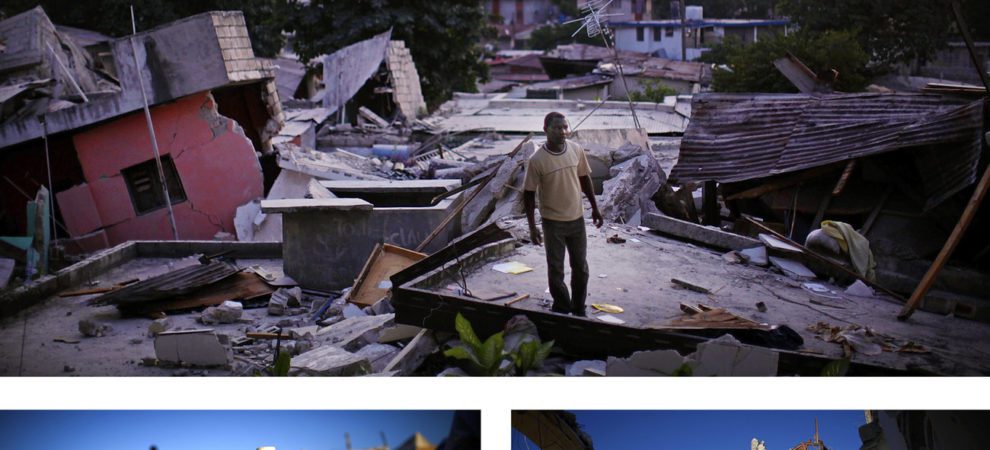
By Joy Portella, President, Minerva Strategies —
This week NPR and ProPublica did a scathing story on The American Red Cross and how they spent the $500 million raised after the Haiti earthquake in 2010.
I was the director of communications at a large international NGO for several years, including during the Haiti earthquake response, and I am not naïve about the business of foreign aid. I understand how competitive fundraising can be, and how fees work when organizations subcontract out operations. I appreciate that success – especially in tough environments like Haiti – can often mean one step forward and two steps back; failure and delay are daily parts of life. I know that the inevitable wave of “how money’s been mishandled” news stories after a huge natural disaster makes every communication person in the industry cringe.
Putting aside the substance of the story, and peering solely through a communicator’s lens, the Red Cross made critical errors. This is a teachable moment for the rest of the international NGO sector:
Only promote success you can back up: If you say that you spent $500 million to help 4.5 million people, those numbers better add up. No double counting or other head-scratching math. If you promote a housing project in your marketing materials, those houses need to be built and in good condition, and people living in them should be satisfied or at least have a mechanism through which their concerns can be addressed. No organization wants NPR to document a crumbling project with the people who live there pleading, “Can you bring the Red Cross to us?”
Select your spokesperson carefully: The only Red Cross representative quoted in the piece is their general counsel. That could be selective editing on NPR’s part, but the organization must have offered him up as a spokesperson, and that was a mistake. The Red Cross spokesperson should have been an advocate for transparency, someone who could explain where the money went or why that information could not be disclosed. More important, he or she should have been a compassionate advocate for the people of Haiti, who have suffered at the hands of natural disasters, corrupt politicians, and now aid organizations. Lawyers are not known for their empathy or their transparency. The Red Cross spokesperson seemed wooden and secretive.
Don’t threaten the media: After visiting one disgruntled community, NPR and ProPublica reported that they received an email from the head of public affairs at the Red Cross accusing them of “mischaracterizing” the project and creating “ill will” in the community that could lead to a “security incident.” The email included a threatening statement that the news organizations would be “held responsible” if any such incident occurred. This kind of defensive posture –threatening or blaming investigative reporters for doing their job creates ill will of its own, with reporters. Organizations should always try to explain their side of the story – even if it radically differs from the reporter’s story agenda – against a backdrop of appreciation for what reporters are attempting to do: educate the public and hold people and organizations accountable.
Of course, the big lesson of the NPR/ProPublica story is that aid organizations like the American Red Cross need to do better work, and be more accountable to donors and the people of poverty-stricken places like Haiti. If they do not – and especially if their marketing is aggressive and fundraising efforts are eye-catchingly successful – it will cost them.
Listening to the story, I wondered how many take-down stories the Red Cross can weather (NPR/ProPublica did a similar story on the organization’s mishandling of donor funds after Hurricane Sandy.) before the damage starts to whittle away at its seemingly impenetrable brand?